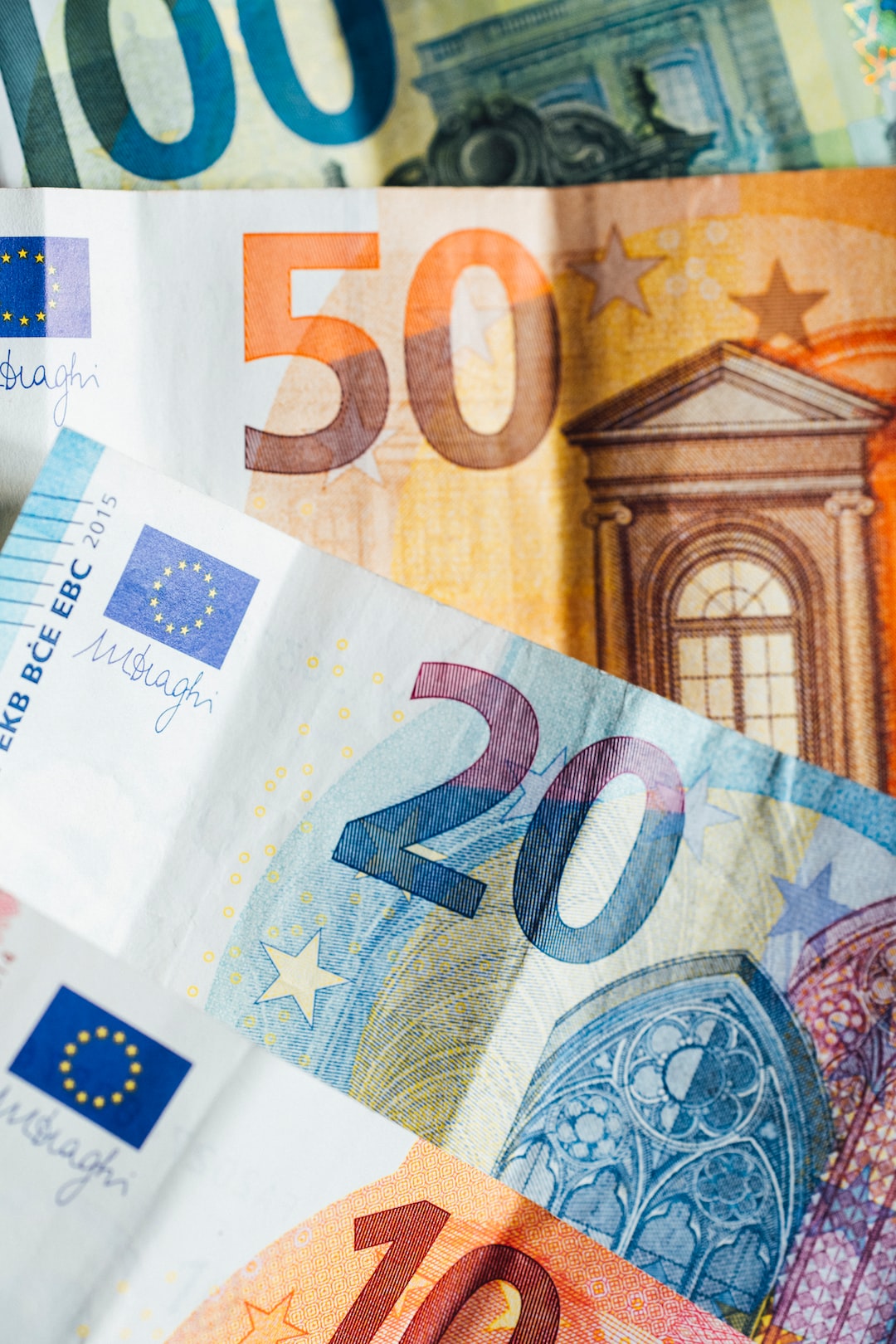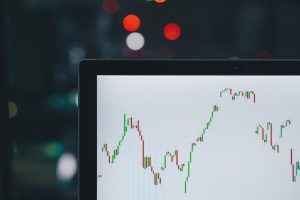Forex trading, also known as foreign exchange trading, is the process of buying and selling currencies with the aim of making a profit. This type of trading is popular because it allows traders to participate in the global financial markets and potentially make profits from fluctuations in currency values. However, traders need to be aware of the costs associated with forex trading.
There are several costs involved in forex trading, including transaction costs, spread costs, and overnight financing costs. These costs can vary depending on the broker and the trading platform used. It is important for traders to understand these costs and factor them into their trading strategy to ensure they can make a profit.
Transaction Costs
Transaction costs are the fees charged by brokers for executing trades. These costs can be in the form of commissions or spreads. Commissions are a fixed fee charged per trade, while spreads are the difference between the bid and ask price of a currency pair. The bid price is the price at which the broker is willing to buy a currency from the trader, while the ask price is the price at which the broker is willing to sell a currency to the trader.
Spreads are the most common form of transaction cost in forex trading. They can vary depending on the broker and the currency pair being traded. Major currency pairs such as EUR/USD and GBP/USD typically have lower spreads than exotic currency pairs such as USD/ZAR and USD/TRY.
Spread Costs
Spread costs are the difference between the bid and ask price of a currency pair. The spread is the cost of trading and is calculated by subtracting the bid price from the ask price. For example, if the bid price for EUR/USD is 1.1000 and the ask price is 1.1003, the spread is 0.0003 or 3 pips.
The spread can vary depending on market conditions and the broker used. Some brokers offer fixed spreads, while others offer variable spreads. Fixed spreads remain constant regardless of market conditions, while variable spreads can widen or narrow depending on market volatility.
Overnight Financing Costs
Overnight financing costs, also known as swap rates, are the fees charged by brokers for holding positions overnight. These fees are charged because forex trades are settled in two business days, which means that if a trader holds a position open overnight, they are effectively borrowing one currency to buy another. The interest rate charged for this borrowing is known as the swap rate.
Swap rates can be positive or negative, depending on the interest rate differential between the two currencies being traded. If the interest rate on the currency being bought is higher than the interest rate on the currency being sold, the trader will receive a positive swap rate. If the interest rate on the currency being sold is higher than the interest rate on the currency being bought, the trader will pay a negative swap rate.
Conclusion
Forex trading can be a profitable venture, but it is important for traders to understand the costs involved. Transaction costs, spread costs, and overnight financing costs can all affect a trader’s profitability. Traders need to factor these costs into their trading strategy and choose a broker that offers competitive pricing and transparent fees. With the right approach, forex trading can be a lucrative way to participate in the global financial markets.






